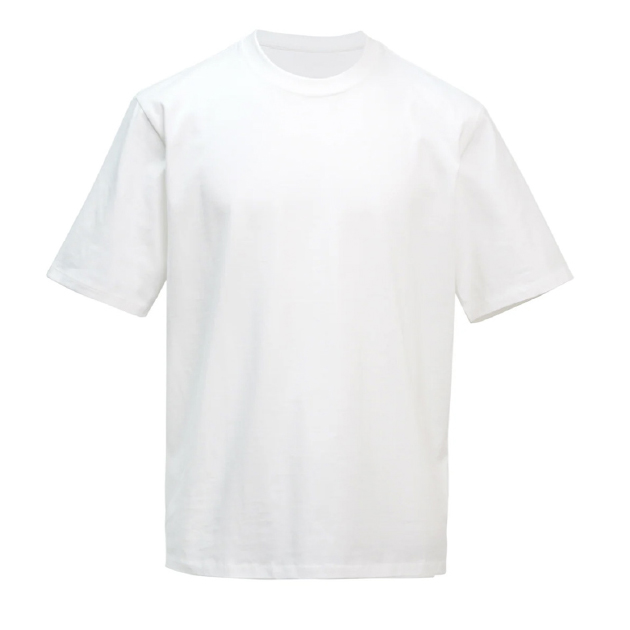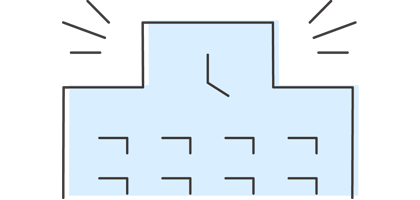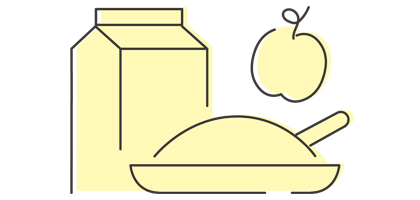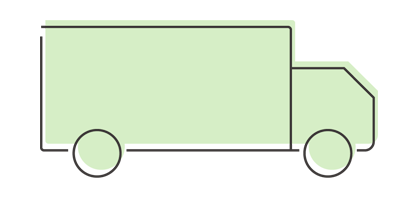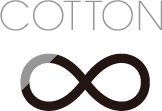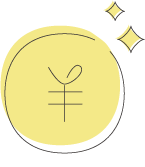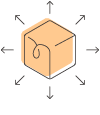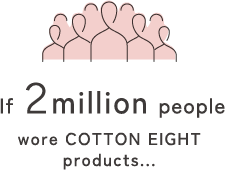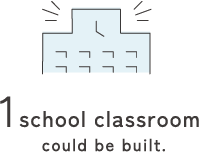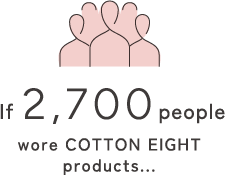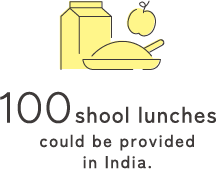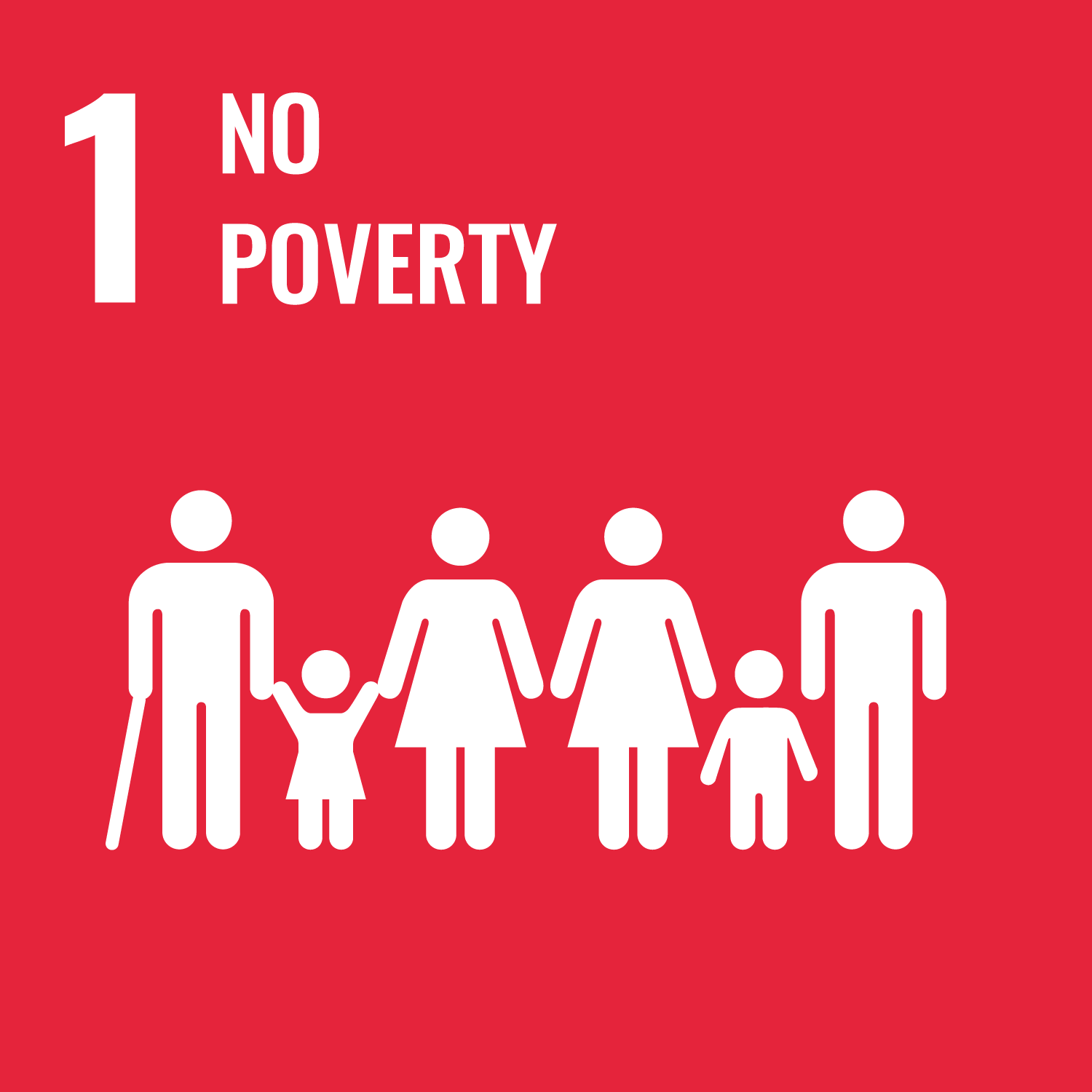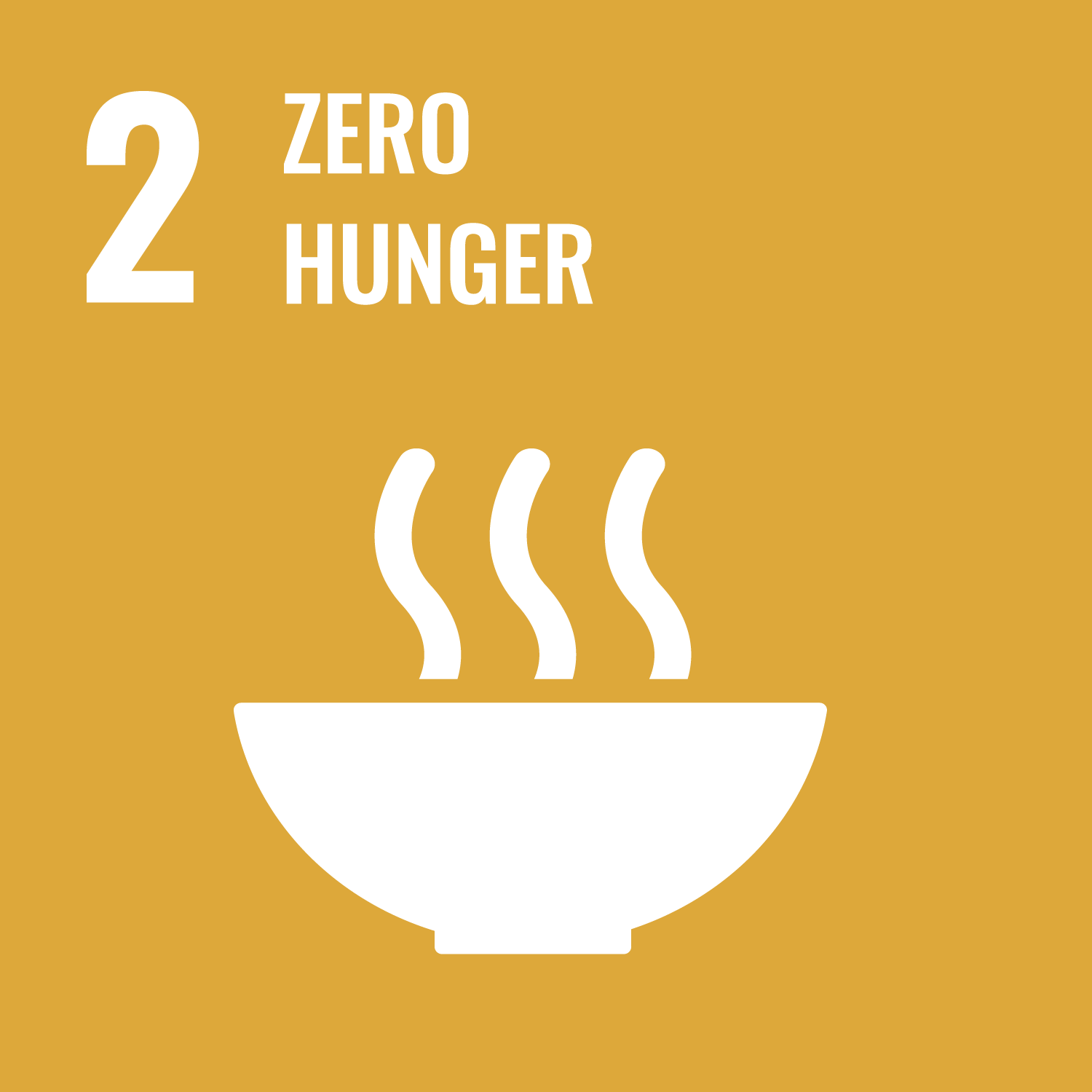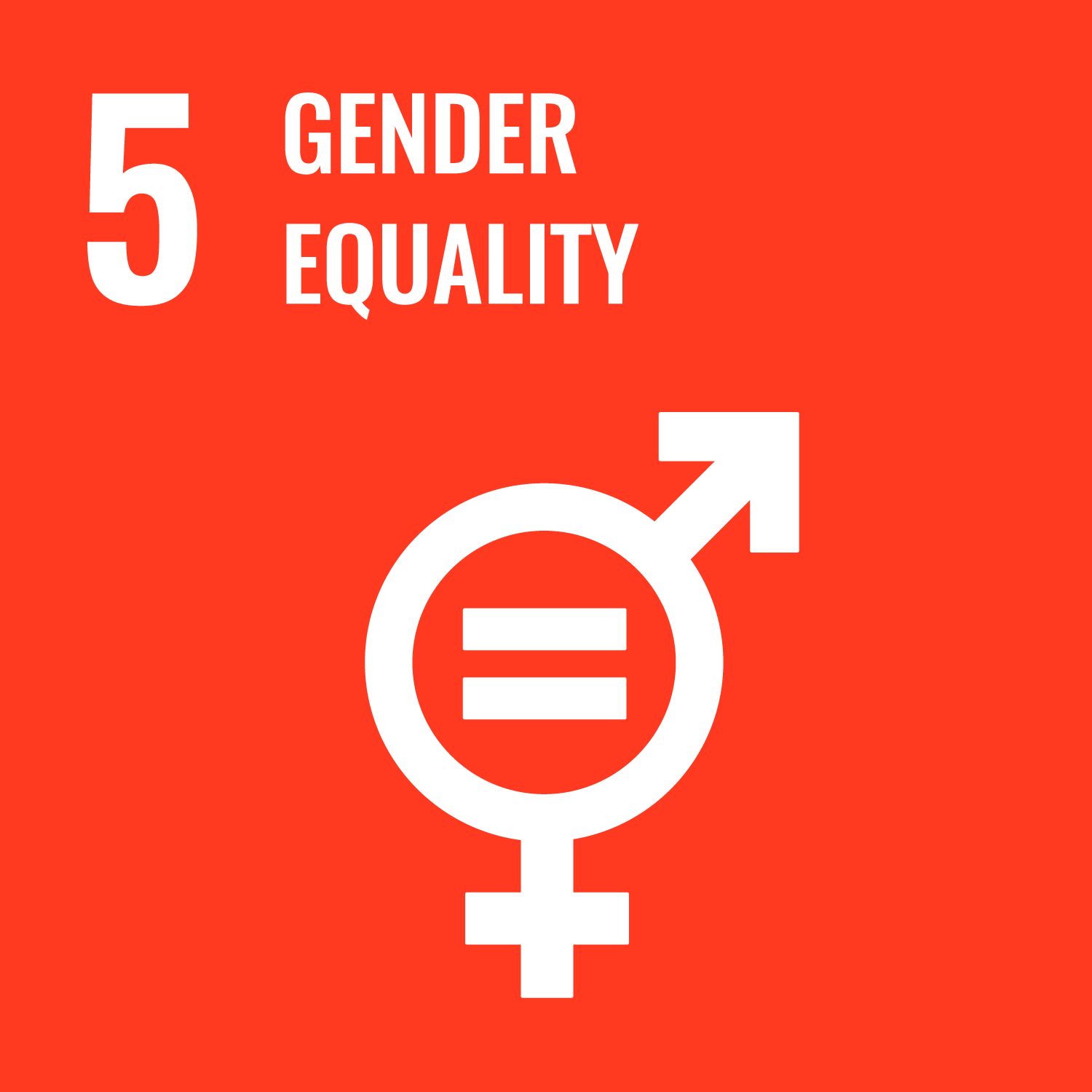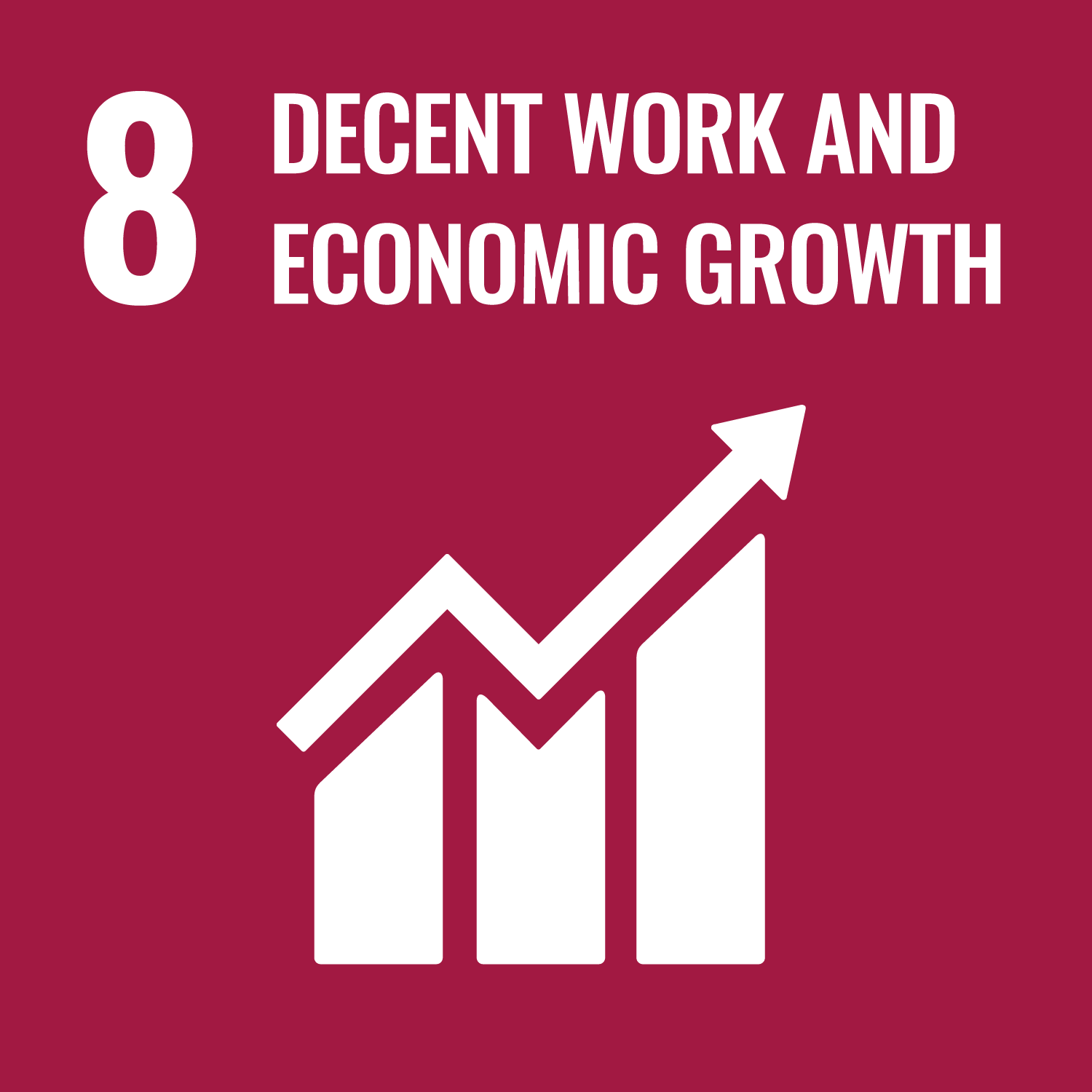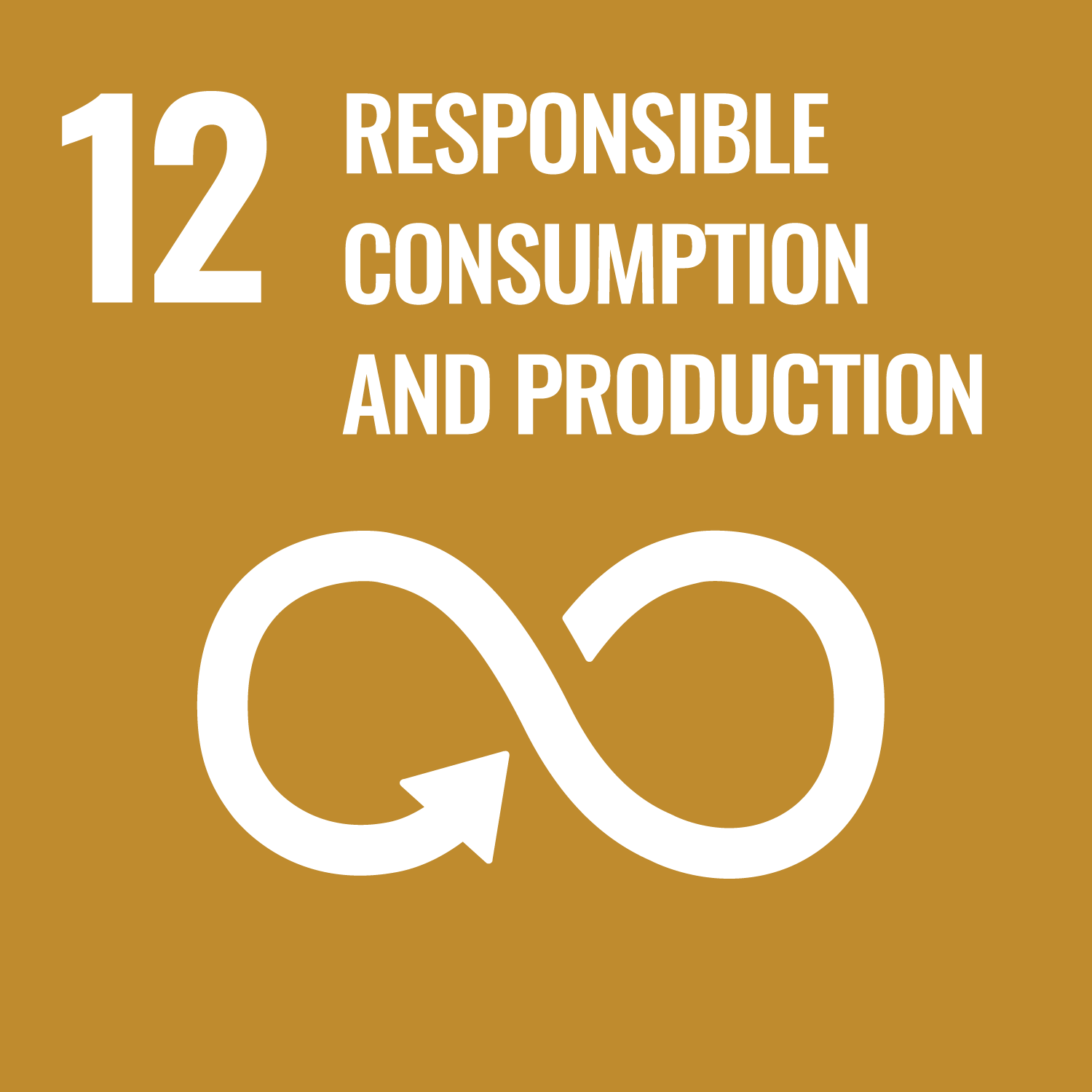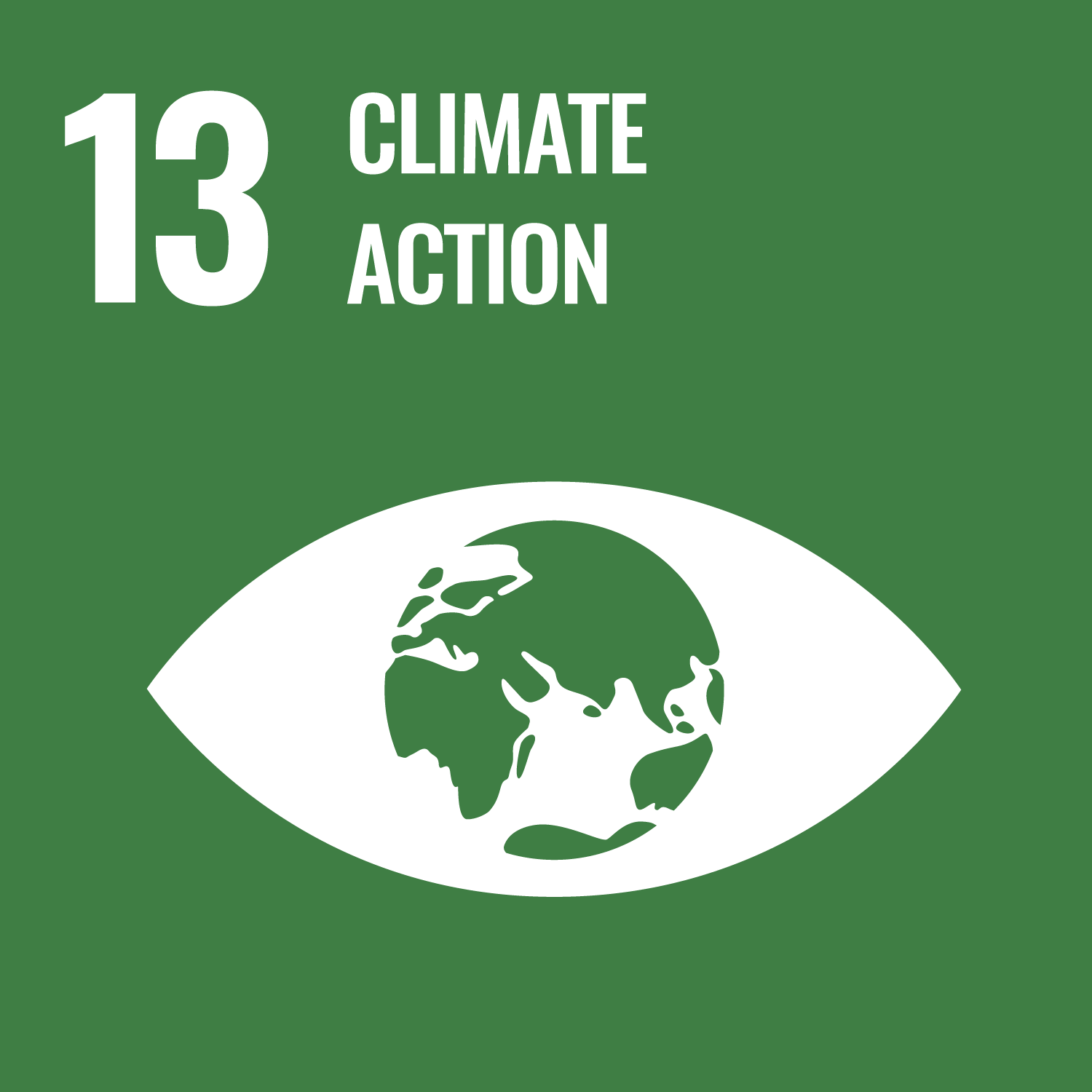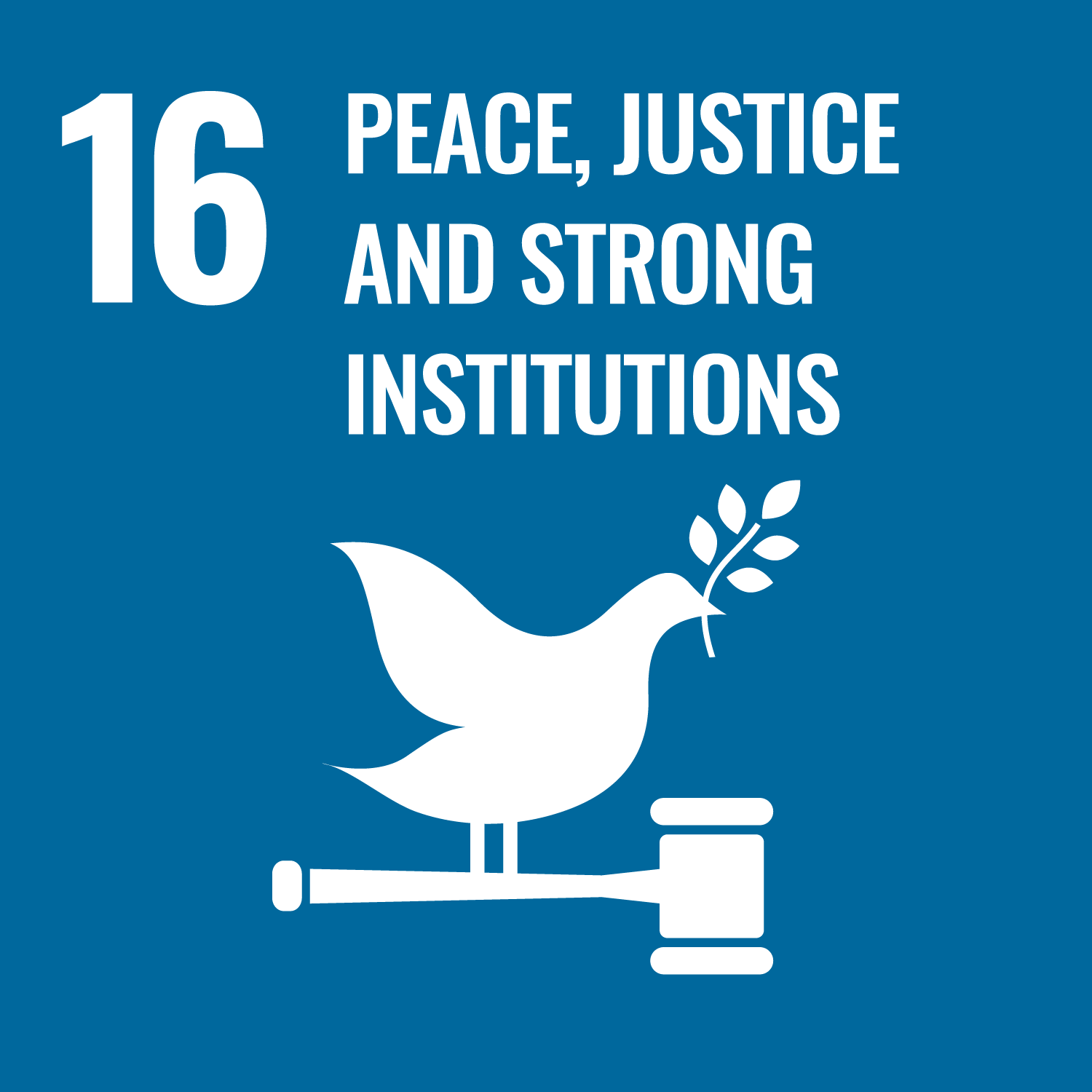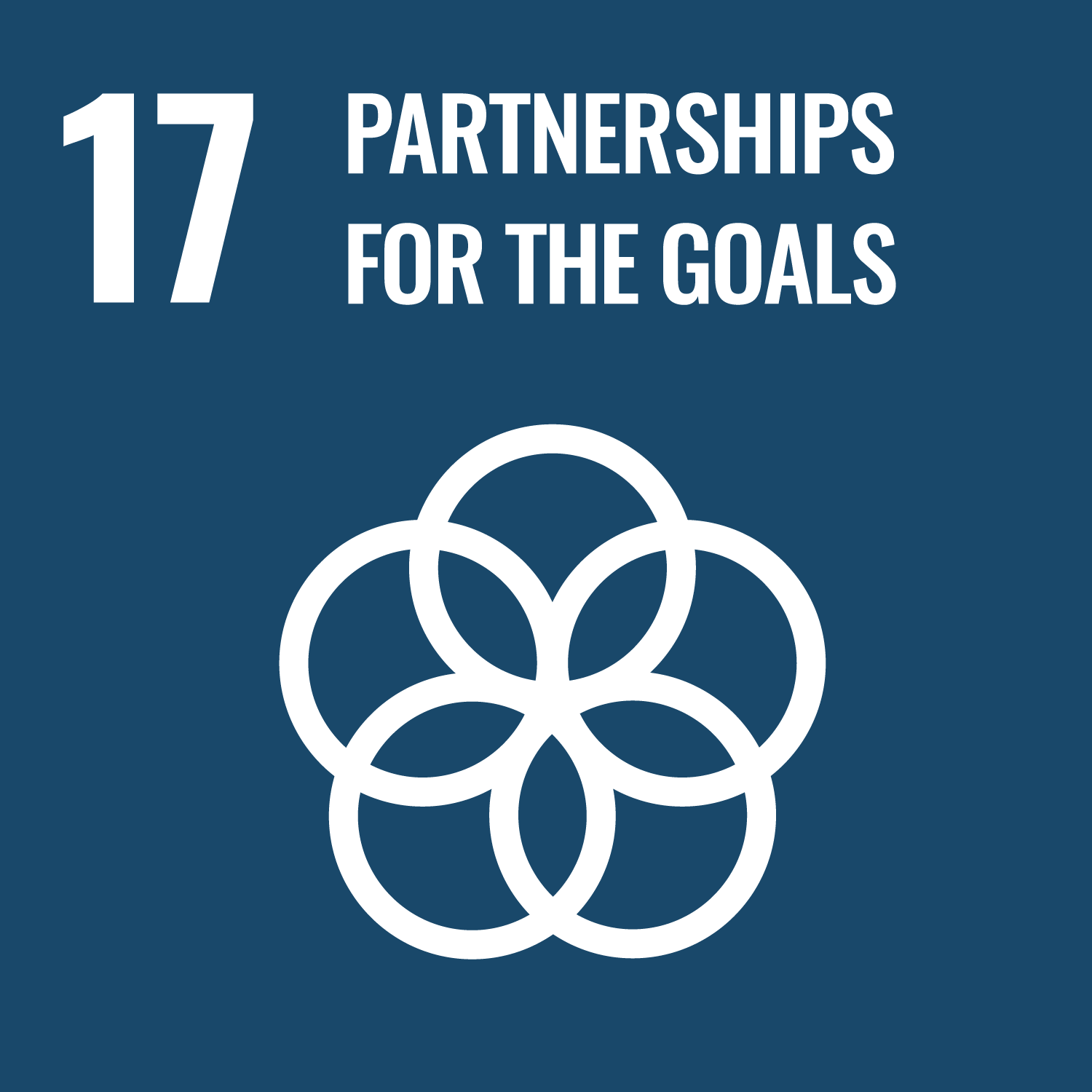

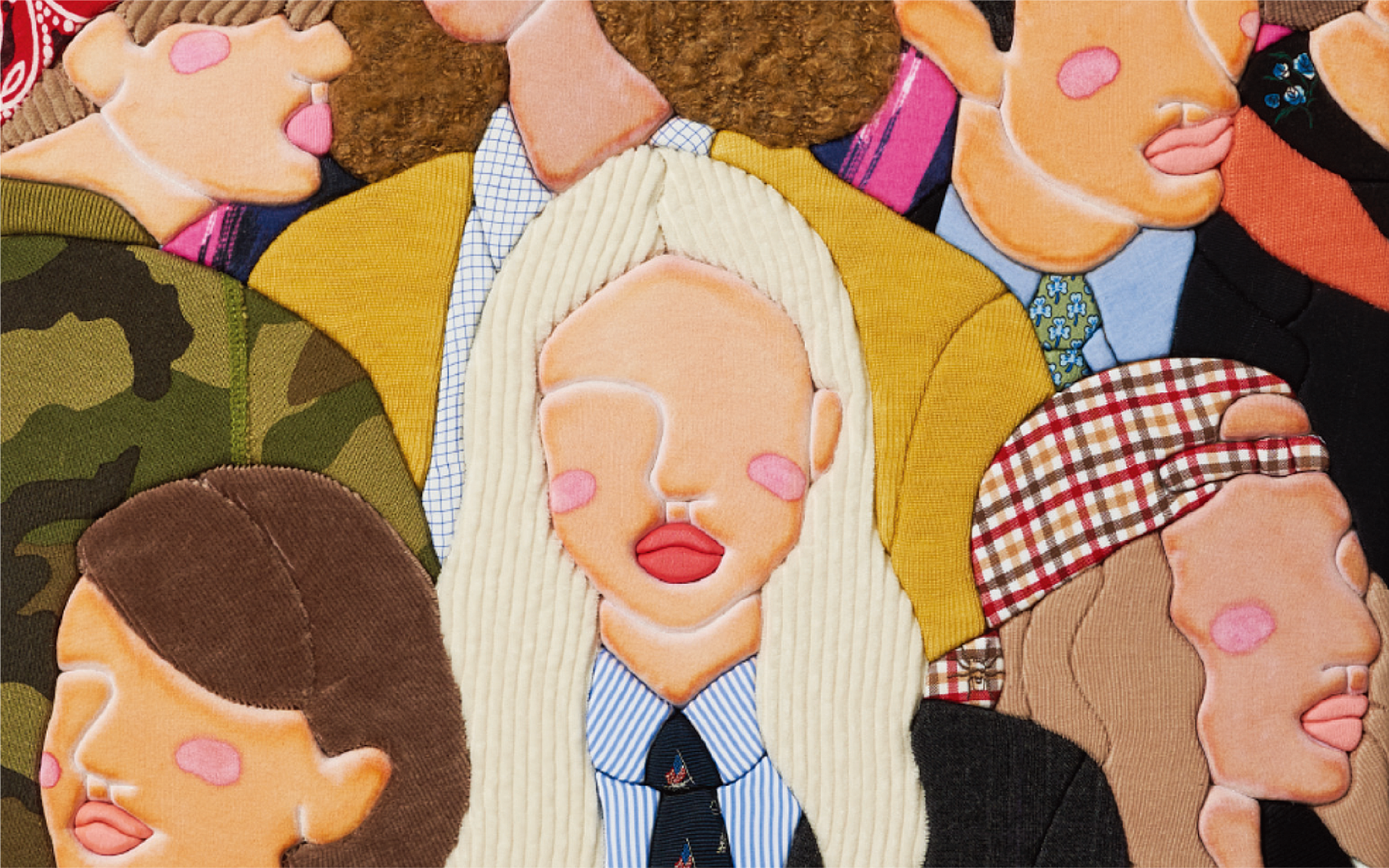
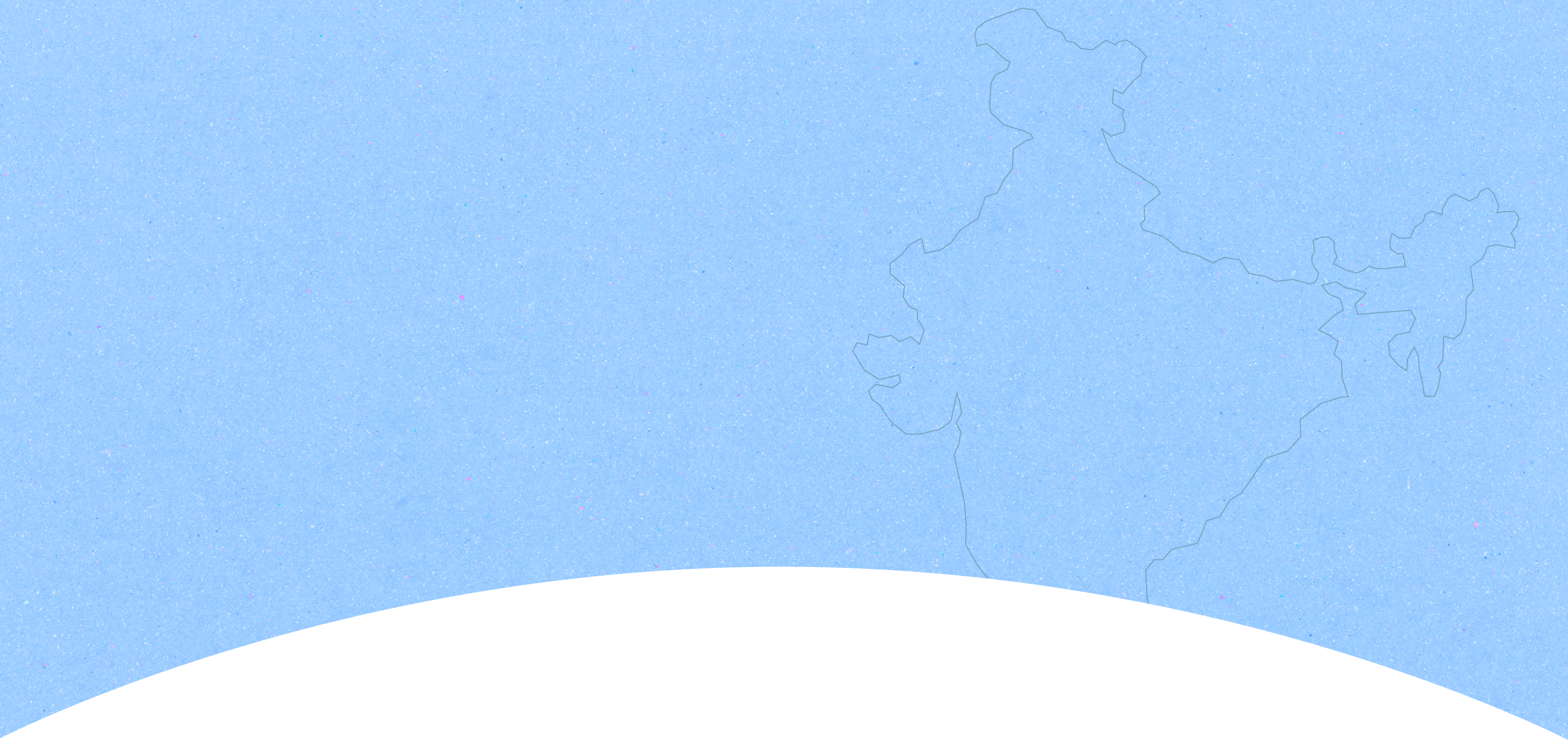

THINKING
where happiness circulates
through fair trade cotton

PROJECT

A project that aims to weave a sustainable society
through fair relationships between people through fair trade cotton.
That is what “COTTON EIGHT” does.
By buying and selling our products,
which are produced with consideration for people and the environment, at a fair price,
we aim to make the society and economic environment richer and more secure.
We are always committed to “people’s happiness” and
aim to change the world, the future, and the lives of all people for the better.
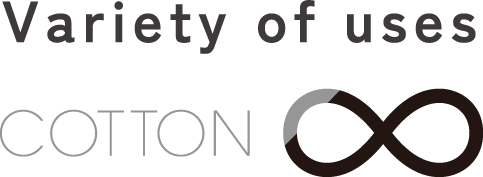
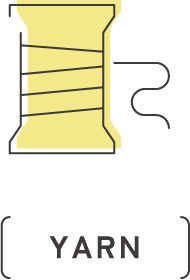
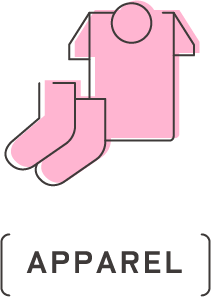
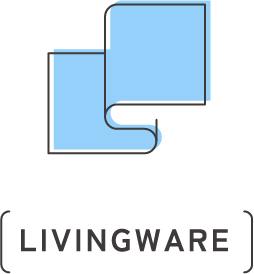
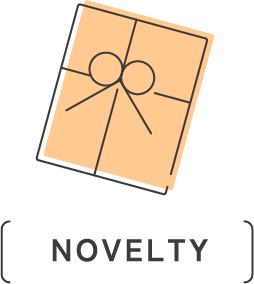
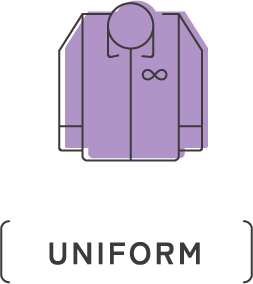

What is fair trade?
Fair trade is literally “fair and equitable trade.”
In other words, it is a “trade system”
that aims to improve the lives and independence of producers and workers in developing countries
who are in a weak position by continuously purchasing raw materials and products from developing countries at fair prices.
COTTON EIGHT
Q&A
Tell us about COTTON EIGHT!
Want to know more about COTTON EIGHT ?
We are actually developing small solutions.
-
What is
International Fair Trade Certification? -
“Isn’t fair trade
being done?” There is a human rights issue. -
“What problems
are you solving specifically?” Solving social issues
hidden in the supply chain. -
“Are you making contributions
that make producers happier?” Contributing through
Fair trade Premium. -
“Can you contribute
to the SDGs?” Eight goals that can be achieved.
PRODUCT
Product Examples
Here are some examples of products
using COTTON EIGHT cotton,
close to your daily life.
-
01Made of 65% polyester and 35% cotton,
with recycled PET used for the polyester
and COTTON EIGHT used for the cotton.
In addition to being environmentally friendly,
this product also respects human rights through fair trade.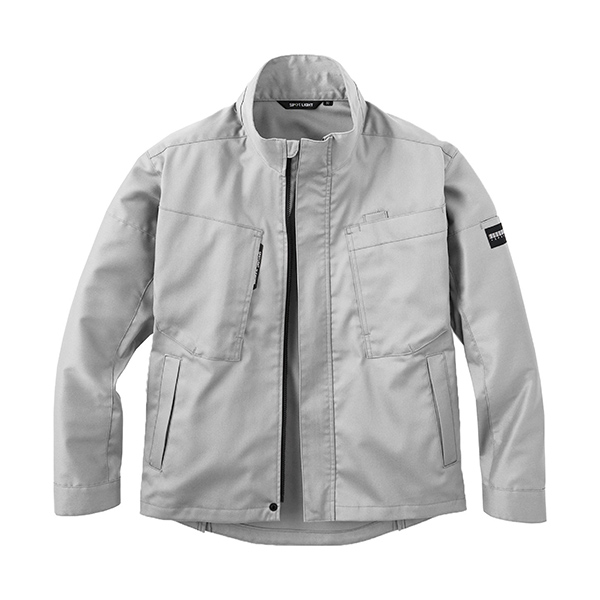
-
02This is a standard dress shirt
made of sustainable material using COTTON EIGHT yarn.
Made of a cotton and polyester blend material,
it is durable, and its simple design goes well with any outfit,
such as a suit, tie, slacks, or jacket.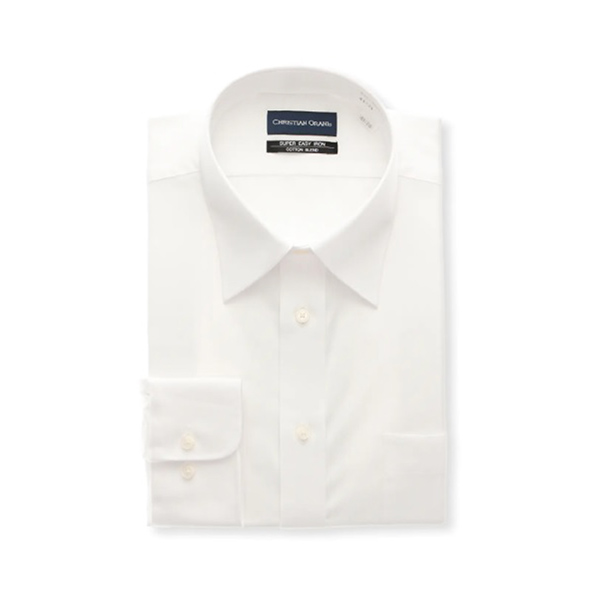
-
03This T-shirt project features a body pattern
supervised by ANREALAGE and is manufactured
by Shikibo using COTTON EIGHT yarn.
It is available in two colors, white and black,
and the blank areas can be customized with prints,
making it a T-shirt that can become anything.